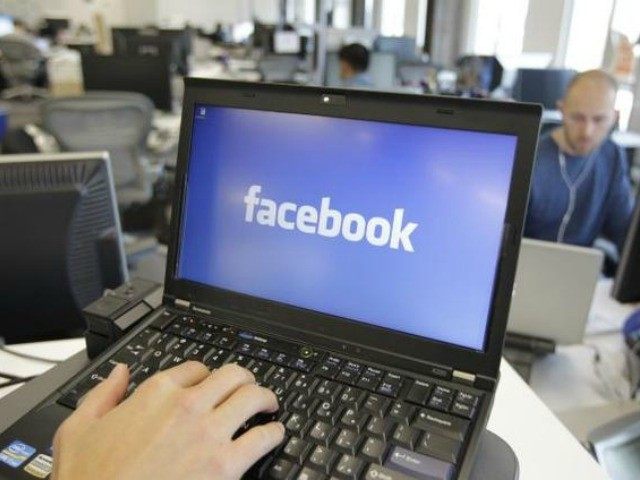1/14/2015

source

On Tuesday, three Republican Senators joined three Democrats to introduce legislation that would expand the number of guest-workers for the tech industry even though there is a surplus of American high-tech workers.
The Immigration Innovation (“I-Squared”) bill, introduced by Sens. Orrin Hatch (R-UT), Jeff Flake (R-AZ), Marco Rubio (R-FL), Amy Klobuchar (D-MN), Chris Coons (D-DE), and Richard Blumenthal (D-CT), would also enable companies to hire an unlimited number of workers with advanced degrees from U.S. institutions in science, technology, engineering and math, which critics have said would turn some universities into diploma factories for foreign students. Currently, the first 20,000 H-1B applications for those with advanced STEM degrees are exempted.
Hatch said he hoped the bill could be a gateway to “more progress” on a broader immigration bill.
“I’m calling on everyone — the President, members of both parties, and stakeholders in the tech community – to support this bill and help make it the first step towards real immigration reform,” he said in a statement. “We must find make concrete progress to solve some of the many critical problems facing our nation. I-Squared is an obvious solution to an undeniable need, and I want to work with everyone to get it done now.”
In addition to increasing the annual cap on H-1B visas from 65,000 to 115,000, the bill would reform student visas, “authorize employment for the dependent spouses of H-1B visas holders, and allow a grace period for foreign workers to “change jobs and not be out of status.” It would also, among other things, allow for the recapturing of green cards “that were approved by Congress in previous years but were not used” and dependents of employment-based immigrant visa recipients, U.S. STEM advance degree holders, “persons with extraordinary ability,” and “outstanding professors and researchers” would be exempt from cap on green cards.
The high-tech industry, like Facebook co-founder Mark Zuckerberg’sFWD.us lobbying group, has pushed for massive increases in guest-worker permits even though companies like Microsoft have been laying of thousands of U.S. tech workers. As Breitbart News has documented, “despite evidence to the contrary, the tech industry has spent millions trying to get massive increases in the number of H-1b guest-worker visas, claiming that they ‘can’t find’ Americans to do various tech jobs” even though there is a proven surplus of America high-tech workers.
House Republican leaders are expected to introduce similar legislation.
But as Sen. Jeff Sessions (R-AL) noted in his immigration roadmap for the new Republican Congress, “a stunning 3 in 4 Americans with a STEM degree do not hold a job in a STEM field—that’s a pool of more than 11 million Americans with STEM qualifications who lack STEM employment.” In a chapter titled, “The Silicon Valley STEM Hoax,” Sessions cites Rutgers public policy professor Hal Salzman, who has calculated that 100% of new hires in the tech industry could be guest workers if Congress continues to increase the number of H-1B visas, which would hold “down wages for both them and new hires.”
Sessions also informed lawmakers that the “true number of guest workers admitted to the U.S. each year solely for the purpose of filling coveted jobs in the IT and STEM fields is actually much larger than news reports would suggest” because there are ways to get around the caps. For instance, since employers “receive an exemption when they hire a new worker who was previously employed by a capped employer” in addition to other factors like “overlapping admissions,” there were about about 263,000 H-1B visas approved in fiscal year 2012. Analysts have estimated that there are 650,000 to 750,000 guest workers with H-1B visas and, as Sessions pointed out, employers have other ways to bring in more foreign workers—like using the L-1 visa program that “allows employers to transfer employees from abroad to fill jobs domestically. The stock of L-1 workers is estimated to be around 350,000.”
“It is understandable why these corporations push for legislation that will flood the labor market and keep pay low; what is not understandable is why we would ever consider advancing legislation that provides jobs for the citizens of other countries at the expense of our own,” Sessions wrote to lawmakers. “Who do we work for?”
source
No comments:
Post a Comment